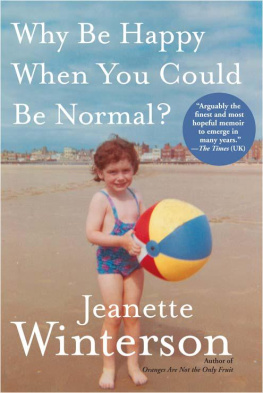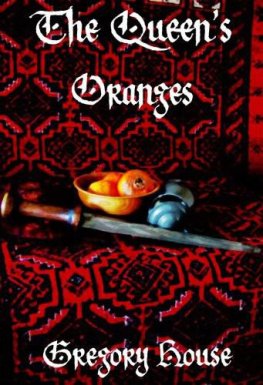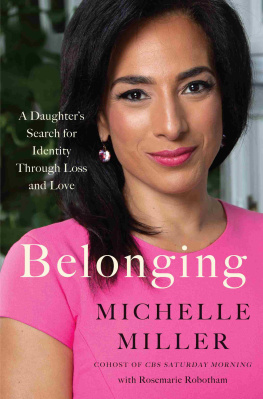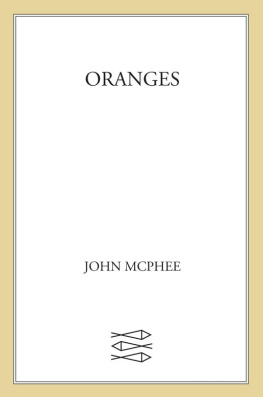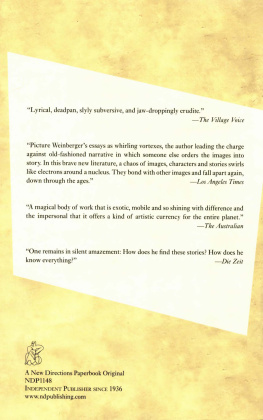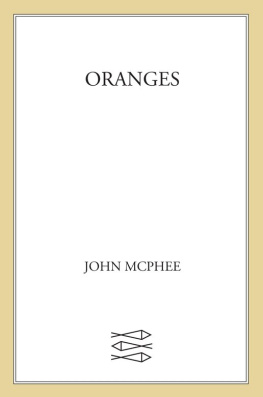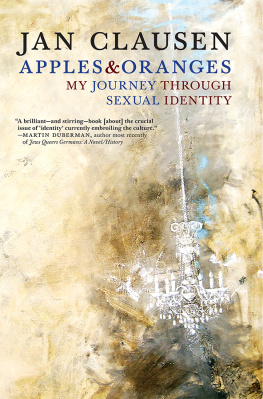W HY B E H APPY W HEN Y OU
C OULD B E N ORMAL ?
ALSO BY JEANETTE WINTERSON
Fiction
Oranges Are Not The Only Fruit
The Passion
Sexing the Cherry
Written on the Body
Art & Lies
Gut Symmetries
The World and Other Places
The Powerbook
Lighthousekeeping
Weight
The Stone Gods
Nonfiction
Art Objects
Comic Book
Boating for Beginners
Children's Books
Tanglewreck
The King of Capri
The Battle of the Sun
The Lion, the Unicorn and Me
Screenplays
Oranges Are Not the Only Fruit (BBC TV)
Ingenious (BBC TV)
Jeanette Winterson
Why Be Happy
When You Could
Be Normal?

Grove Press
New York
Copyright 2011 by Jeanette Winterson
All rights reserved. No part of this book may be reproduced in any form or by any electronic or mechanical means, including information storage and retrieval systems, without permission in writing from the publisher, except by a reviewer, who may quote brief passages in a review. Scanning, uploading, and electronic distribution of this book or the facilitation of such without the permission of the publisher is prohibited. Please purchase only authorized electronic editions, and do not participate in or encourage electronic piracy of copyrighted materials. Your support of the author's rights is appreciated. Any member of educational institutions wishing to photocopy part or all of the work for classroom use, or anthology, should send inquiries to Grove/Atlantic, Inc., 841 Broadway, New York, NY 10003 or .
Burnt Norton from Four Quartets by T.S. Eliot. Reproduced by kind permission of Faber and Faber Ltd.The Rowing Endeth from The Complete Poems of Anne Sexton by Anne Sexton (Houghton Mifflin, 1981) Anne Sexton, reprinted by permission of Sterling Lord Literistic Inc.
First published in Great Britain in 2011 by Jonathan Cape,
The Random House Group, London
Printed in the United States of America
FIRST AMERICAN EDITION
ISBN13: 9780802194756
Grove Press
an imprint of Grove/Atlantic, Inc.
841 Broadway
New York, NY 10003
Distributed by Publishers Group West
www.groveatlantic.com
1 2 3 4 5 6 715 14 13 12 11
To my three mothers:
Constance Winterson
Ruth Rendell
Ann S.
With love and thanks to Susie Orbach
Thanks as well to Paul Shearer who traced the family tree.
To Beeban Kidron's helpline! To Vicky Licorish and
the kids: my family. To all my friends who stood by me.
To Caroline Michel fantastic agent and fabulous friend.
Everyone at Grove for backing this book: Morgan Entrekin,
Elisabeth Schmitz, Deb Seager and Jodie Hockensmith.
And to Heather Schroder at ICM and to AM Homes.
CONTENTS
The Wrong Crib
W HEN MY MOTHER WAS ANGRY with me, which was often, she said, The Devil led us to the wrong crib.
The image of Satan taking time off from the Cold War and McCarthyism to visit Manchester in 1960 purpose of visit: to deceive Mrs Winterson has a flamboyant theatricality to it. She was a flamboyant depressive; a woman who kept a revolver in the duster drawer, and the bullets in a tin of Pledge. A woman who stayed up all night baking cakes to avoid sleeping in the same bed as my father. A woman with a prolapse, a thyroid condition, an enlarged heart, an ulcerated leg that never healed, and two sets of false teeth matt for everyday, and a pearlised set for best.
I do not know why she didn't/couldn't have children. I know that she adopted me because she wanted a friend (she had none), and because I was like a flare sent out into the world a way of saying that she was here a kind of X Marks the Spot.
She hated being a nobody, and like all children, adopted or not, I have had to live out some of her unlived life. We do that for our parents we don't really have any choice.
She was alive when my first novel, Oranges Are Not the Only Fruit , was published in 1985. It is semiautobiographical, in that it tells the story of a young girl adopted by Pentecostal parents. The girl is supposed to grow up and be a missionary. Instead she falls in love with a woman. Disaster. The girl leaves home, gets herself to Oxford University, returns home to find her mother has built a broadcast radio and is beaming out the Gospel to the heathen. The mother has a handle she's called Kindly Light.
The novel begins: Like most people I lived for a long time with my mother and father. My father liked to watch the wrestling, my mother liked to wrestle.
For most of my life I've been a bareknuckle fighter. The one who wins is the one who hits the hardest. I was beaten as a child and I learned early never to cry. If I was locked out overnight I sat on the doorstep till the milkman came, drank both pints, left the empty bottles to enrage my mother, and walked to school.
We always walked. We had no car and no bus money. For me, the average was five miles a day: two miles for the round trip to school; three miles for the round trip to church.
Church was every night except Thursdays.
I wrote about some of these things in Oranges , and when it was published, my mother sent me a furious note in her immaculate copperplate handwriting demanding a phone call.
We hadn't seen each other for several years. I had left Oxford, was scraping together a life, and had written Oranges young I was twentyfive when it was published.
I went to a phone box I had no phone. She went to a phone box she had no phone.
I dialled the Accrington code and number as instructed, and there she was who needs Skype? I could see her through her voice, her form solidifying in front of me as she talked.
She was a big woman, tallish and weighing around twenty stone. Surgical stockings, fiat sandals, a Crimplene dress and a nylon headscarf. She would have done her face powder (keep yourself nice), but not lipstick (fast and loose).
She filled the phone box. She was out of scale, larger than life. She was like a fairy story where size is approximate and unstable. She loomed up. She expanded. Only later, much later, too late, did I understand how small she was to herself. The baby nobody picked up. The uncarried child still inside her.
But that day she was borne up on the shoulders of her own outrage. She said, It's the first time I've had to order a book in a false name.
I tried to explain what I had hoped to do. I am an ambitious writer I don't see the point of being anything; no, not anything at all, if you have no ambition for it. 1985 wasn't the day of the memoir and in any case, I wasn't writing one. I was trying to get away from the received idea that women always write about experience the compass of what they know while men write wide and bold the big canvas, the experiment with form. Henry James misunderstood Jane Austen's comment that she wrote on small pieces of ivory i.e. tiny observant minutiae. Much the same was said of Emily Dickinson and Virginia Woolf. Those things made me angry. In any case, why could there not be experience and experiment? Why could there not be the observed and the imagined? Why should a woman be limited by anything or anybody? Why should a woman not be ambitious for literature? Ambitious for herself?
Mrs Winterson was having none of it. She knew full well that writers were sexcrazed bohemians who broke the rules and didn't go out to work. Books had been forbidden in our house I'll explain why later and so for me to have written one, and had it published, and had it win a prize... and be standing in a phone box giving her a lecture on literature, a polemic on feminism...
The pips more money in the slot and I'm thinking, as her voice goes in and out like the sea, Why aren't you proud of me?
Next page
